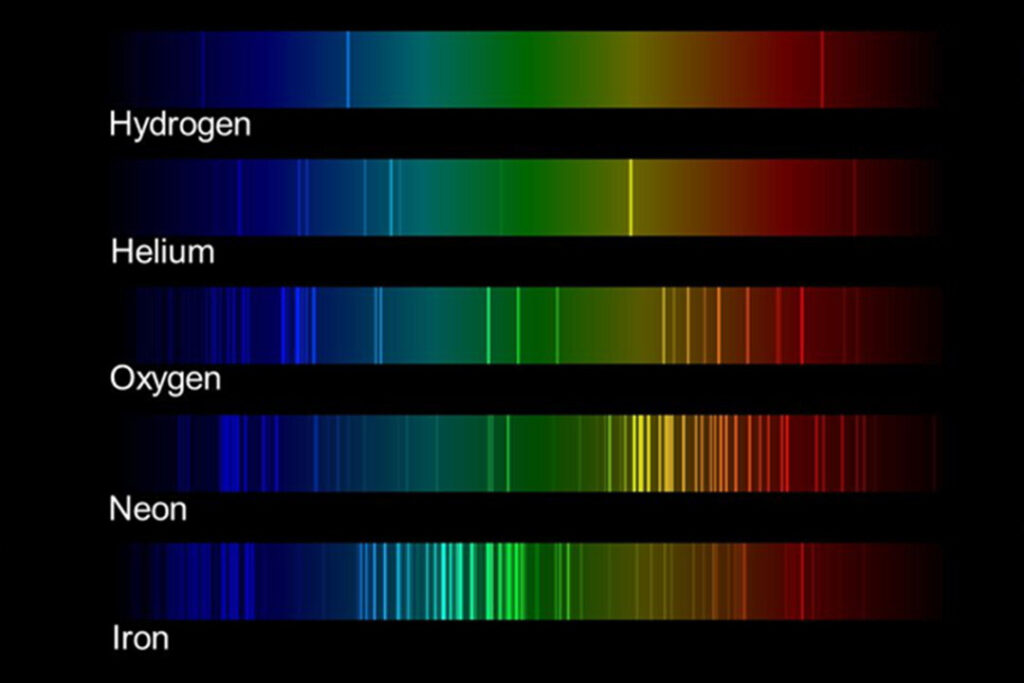- in Production by Bobby Owsinski
The Acoustic Chemical Orchestra Plays The Sounds Of Periodic Table
Musical innovation has long been a matter of reinterpretation and recombination. However, W. Walker Smith has pushed the envelope with his creation, the Acoustic Chemical Orchestra, a ‘musical instrument’ that translates the sounds of every element on the periodic table into audio. It shows us how the world is indeed alive with the sound of music from even the most basic building blocks of life.

Smith’s work merges the fields of chemistry and music in a novel way. Using data sonification, a technique that translates information of practically any kind into soundwaves, Smith has created a unique tool based in spectroscopy, which is an analytical method that explores a material’s properties through its chemical structure. Each element emits light differently, and by measuring this light carefully, much can be learn about that element.
Scientists had created acoustic representations of elements before, but these were often focused on only the most prominent wavelengths of the element. Smith approached it from a different angle as he preserved much more of the data bandwidth, which led him to develop software that automatically converts spectroscopic data into sound. This software assigns sine waves to wavelengths depending on frequency and brightness, creating a detailed acoustic representation for each element.
Atomic Sounds
The result is a chemical keyboard that resonates with a symphony of atomic sounds, with each note corresponding to a specific element. The lighter elements produce sounds very much like musical chords, while the heavier ones produce a range of frequencies that can be either discordant or harmonious, reflecting the complexity of their chemical signatures.
While some might see the Acoustic Chemical Orchestra as a quirky novelty, it actually has implications that extend far beyond music. Currently some element data from different planets can be difficult to differentiate by analyzing traditional spectroscopy. Using audio created by this method could streamline our search for alien life or habitable planets. It may very well be that our first contact with extraterrestrial life will be heard before it’s seen.
The Acoustic Chemical Orchestra offers us a fresh look at the universe, which now turns into a symphony played by the elements themselves. The elemental building blocks of life can now play a concert of cosmic proportions.

